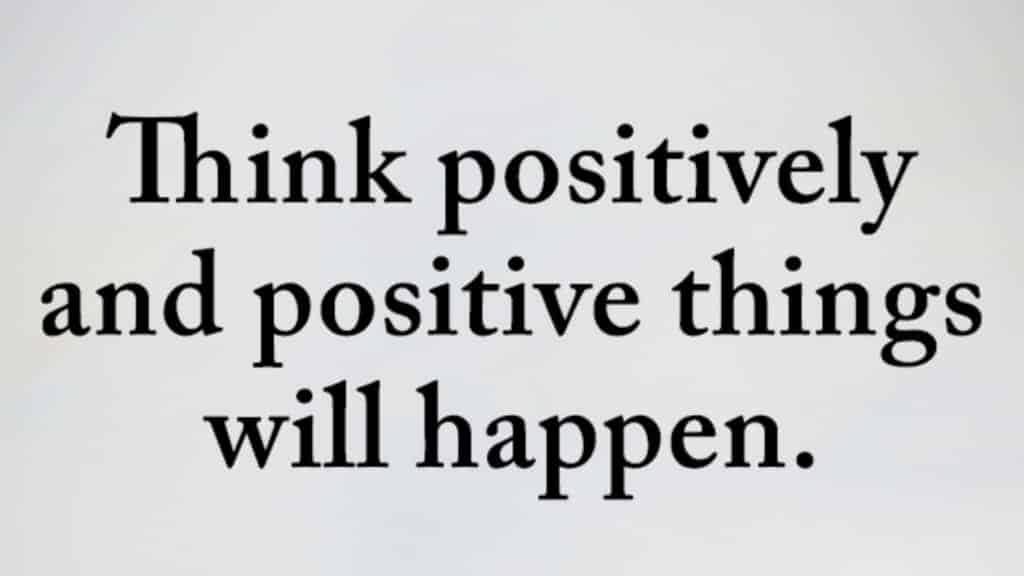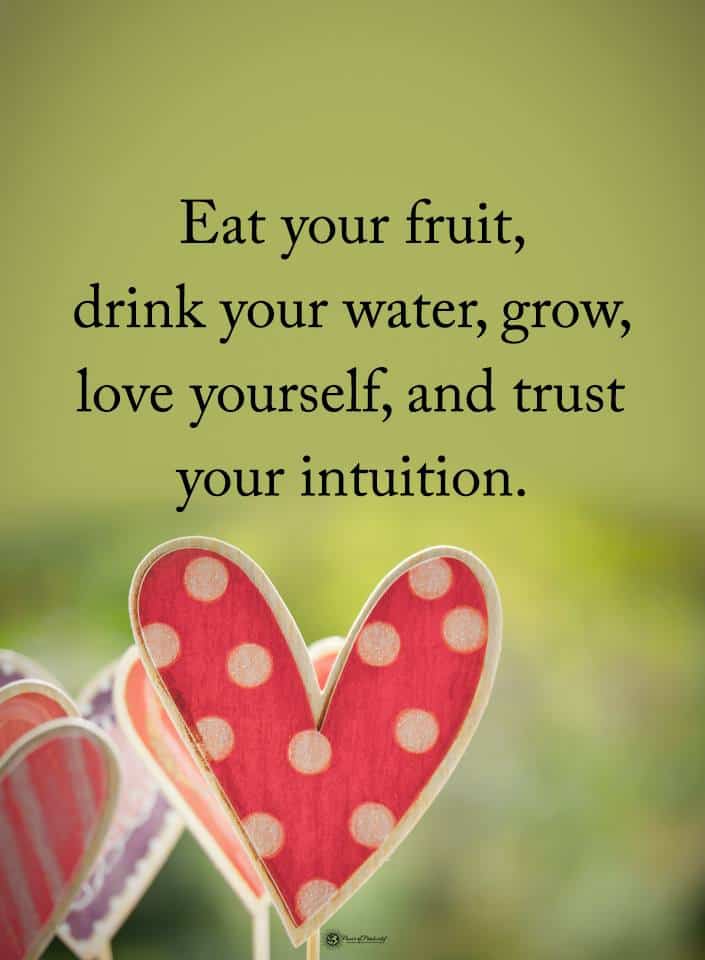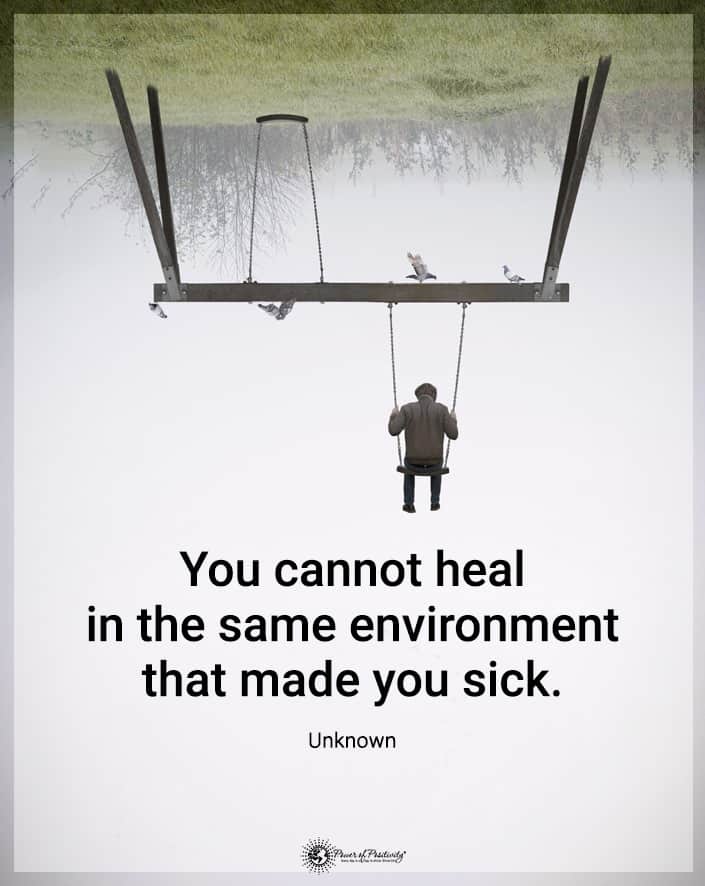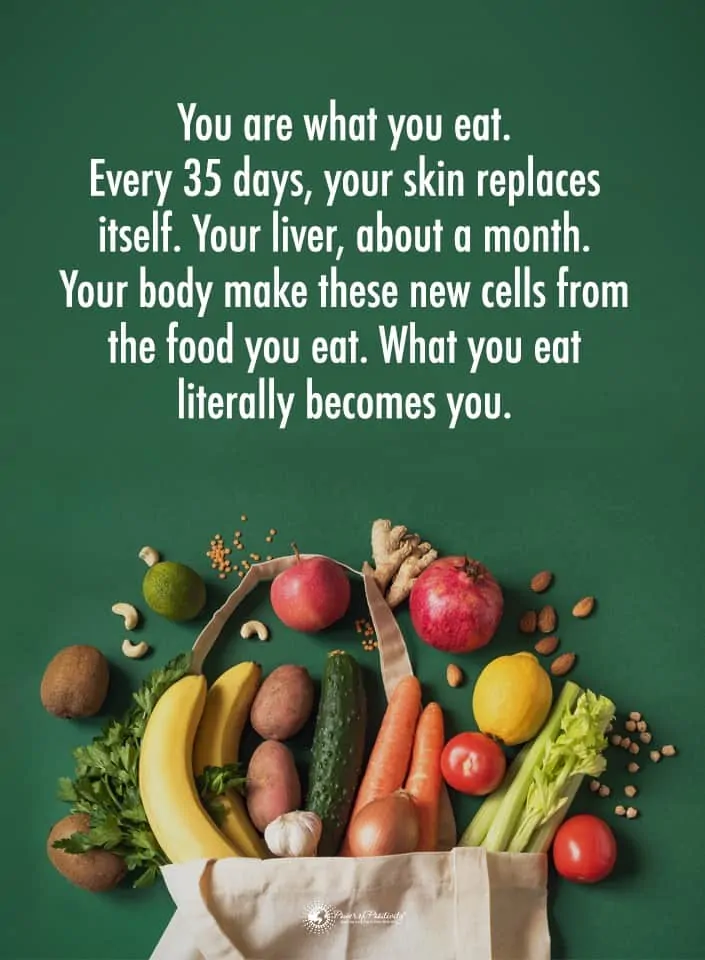The first thing we do in the morning usually determines how the rest of our day will transpire. Normally, many of us rush out the door on our way to work, not giving much thought to our bodies or what we put into them. As we wake up, our bodies require hydration to eliminate toxins and rejuvenate our cells. However, that glass of water you drink each morning can be made even more effective and healing by adding a couple slices of lemon to it!
Lemon contains many antioxidants and can boost the immune system naturally with its high levels of vitamin C, bioflavonoids, citric acid, calcium, magnesium, pectin, and limonene.
Warm lemon water provides the body with oxygen and hydration while also stabilizing our pH levels.
Obviously, we all need hydration to survive, but adding lemon can make water even more beneficial to the human body. Experts recommend drinking half your weight in ounces of water each day, but just adding lemon to your morning glass of water can set you up for great digestion and energy for the rest of the day.
Many of us reach for cold water in the morning, but warm water actually helps to get our systems flowing much more easily since it takes less energy to process. Once you have your water, simply add half a squeezed lemon to it. The rest of the day can include hot or cold lemon water – whichever one you like best.
Our bodies contain about 60% water, but unfortunately, many of us don’t drink enough of it. Adding this fruit to your water intake provides nutrients like vitamin C, iron, calcium, potassium, and fiber. Plus, since the bright citrus flavor adds interest to the water, it might encourage you to up your water consumption!
To give you even more good news, many people have successfully used hot lemon water as a substitute for coffee. So if you’ve been trying to find a sustainable way to give up caffeine, drinking warm lemon water could do the trick.
Here Are 25 Things That Happen To Your Body When You Drink Lemon Water Every Day
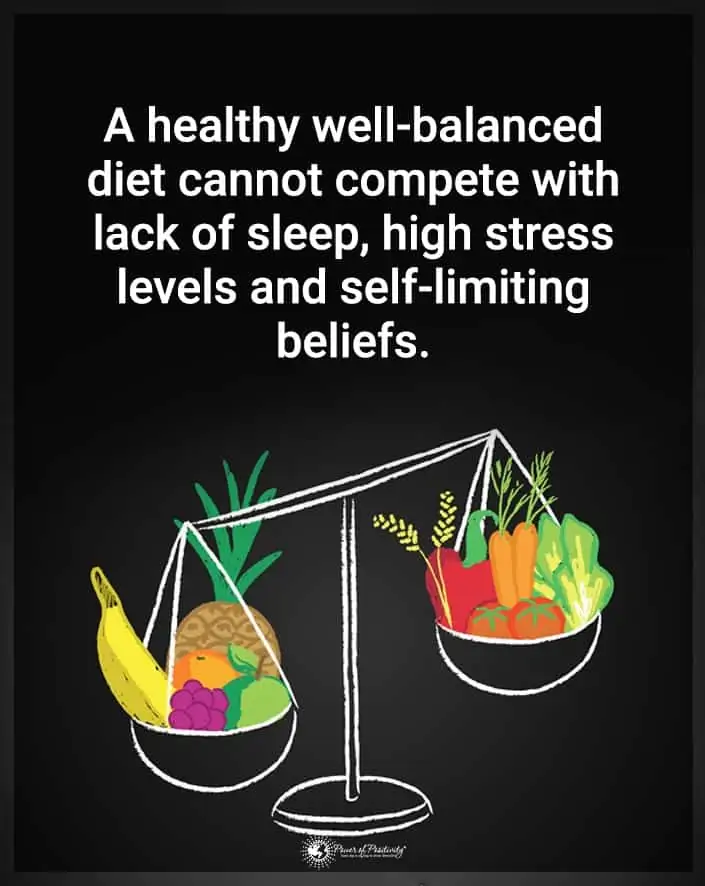
1. Lemon water can lessen your chance of having a stroke, according to the American Heart Association
2. It can give you clear skin and reduce signs of aging, including diminishing the signs of fine lines and wrinkles
3. Detoxes and cleanses the system according to a study on lemon water’s ability to improve the natural function of the liver
4. It can improve your mood and stabilize emotions
5. Balances your body’s natural pH levels
6. Lessens joint inflammation and relieves pain
7. Lemon water can help with hangovers
8. Keeps you fuller longer, staving off hunger
9. Eliminates constipation
10. Lemon water keeps your breath fresh
11. It keeps your respiratory system functioning optimally
12. Lemon water prevents urinary tract infections
13. It keeps you hydrated and prevents adrenal fatigue
14. Regulates your metabolism
15. Lemon water enhances brain power
16. It strengthens your immune system
17. Reduces mucus buildup
18. Cleans out your intestines
19. Enhances digestive health
20. Increases your overall health
21. It can get rid of a high fever
22. Lemon water can prevent kidney stones
23. It helps you breathe better
24. Lemon water can alleviate headaches
25. It literally makes you feel lighter and healthier overall
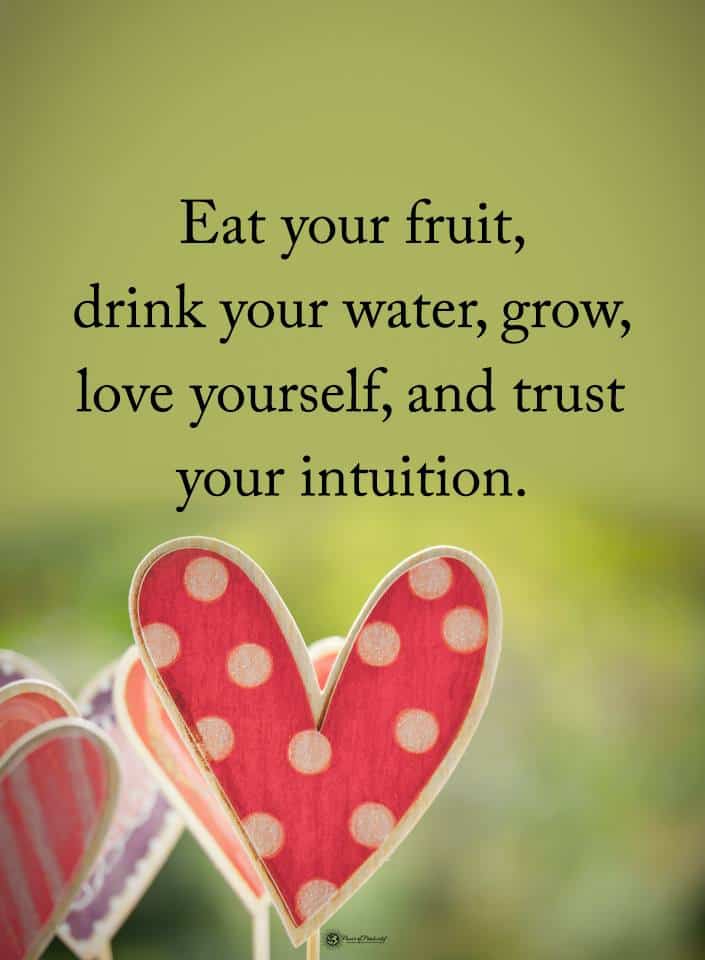
In addition to these facts, here are some lesser-known tidbits about lemon.
- Lemon is one of nature’s top seven potassium sources. Potassium is a mineral that promotes clear thinking and aids in normalizing blood pressure, and when paired with sodium, it can regulate the body’s water balance.
- Lemon has been known to act as an insect repellent.
- Gargle with the juice of one lemon plus an equal amount of hot water for an antibacterial mouthwash.
- A tablespoon of fresh lemon juice has only four calories.
- Christopher Columbus brought citrus trees to Haiti in 1493.
- Lemon trees can grow up to 20 feet tall.
- In the Victorian age, lemon trees were a sign of wealth and prestige.
- Fully grown lemon trees can produce up to 600 pounds of lemons per year.
- Fashionistas from the Renaissance era used lemon juice to redden their lips.
- Cattle will choose to eat lemons rather than oranges, grapefruits, apples, and peaches.
In a time when many people are going back to eating natural, healthier food that nourishes their bodies, there is no better food to add to your nutrition plan than lemon. One of the best and easiest ways to add lemon into your diet is in your water.
Many people want to improve their health, feel more energized, and look younger and more vibrant, and what better way to achieve this than by adding a little fresh lemon to your water in the mornings?
The disease-preventing properties of citurs and the hydration benefits make this a powerful healthy duo. If you don’t already drink warm lemon water in the mornings, make tomorrow your day to add this small but life-changing habit to your daily routine!

